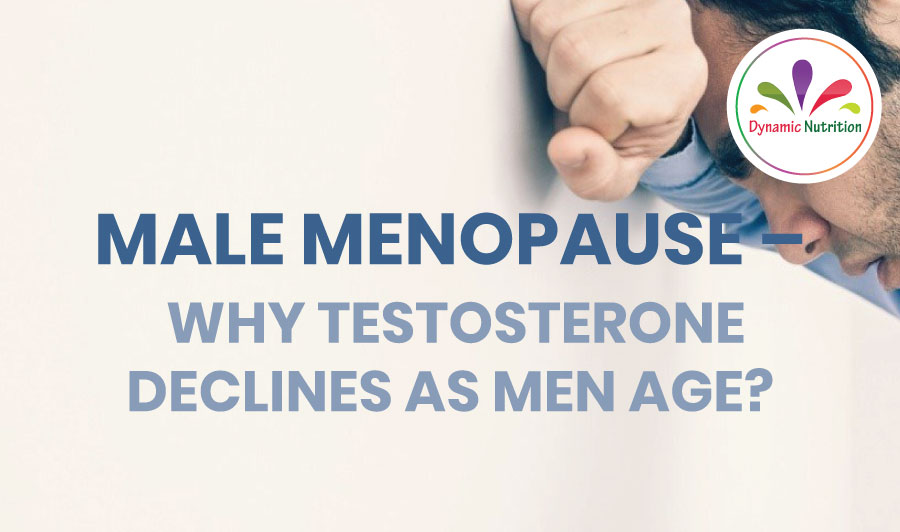 Getting older is a natural part of life. From childhood to puberty, adulthood to geriatric years, our bodies go through countless changes throughout our lifespan.
Getting older is a natural part of life. From childhood to puberty, adulthood to geriatric years, our bodies go through countless changes throughout our lifespan.
Hormone changes are a natural part of aging. Unlike the more dramatic reproductive hormone plunge that occurs in women during menopause, however, sex hormone changes in men occur gradually.
As men grow older, their testosterone levels gradually decrease. Because it is such a powerful hormone, changes in testosterone levels can have a significant impact on male health.
What is Testosterone?
Testosterone is typically associated with men, with its female counterpart being estrogen. However, both male and female bodies produce testosterone (though at quite different levels).
While individual numbers can vary, most men product at least 300 nanograms per deciliter (ng/dL) of testosterone, with anything below 300 ng/dL being considered low testosterone levels.
Adult women, on the other hand, typically have testosterone levels ranging from 8-60 ng/dL.
Testosterone plays a big part in men’s health: it is responsible for controlling the sex drive and sperm production; it promotes muscle and bone mass; it affects appearance by creating a masculine facial structure; it causes boys’ voices to deepen during puberty. It can also affect mental health and energy levels (including stereotypically masculine aggression and competitiveness).
Because of the significant role testosterone plays in a men’s health and appearance, it’s only logical that as testosterone levels change over time, health and appearance will change as well.
Male Menopause: Recognizing Declining Testosterone Levels
“Male menopause” refers to the natural decrease in testosterone levels as a direct result of aging. While women’s hormones change relatively quickly as they reach menopause, this isn’t necessarily the case for men.
Instead, men’s testosterone levels tend to steadily decline over a longer period of time as they get older rather than a seemingly sudden change.
In fact, male testosterone levels are at their highest during puberty and early adulthood. After the age of 30, most men’s testosterone levels will begin a gradual decline. A man’s testosterone levels decline on average about 1% a year after age 40. But most older men may still have testosterone levels within the normal range, with only an estimated 10% to 25% having levels considered to be low.
Low testosterone levels in older men often go unnoticed. Testosterone levels can be checked by a blood test, but tests aren’t routinely done. And many men who have low testosterone levels experience no symptoms. In addition, the signs and symptoms associated with low testosterone aren’t specific to low testosterone. They can also be caused by a person’s age, medication use or other conditions, such as having a body mass index of 30 or higher.
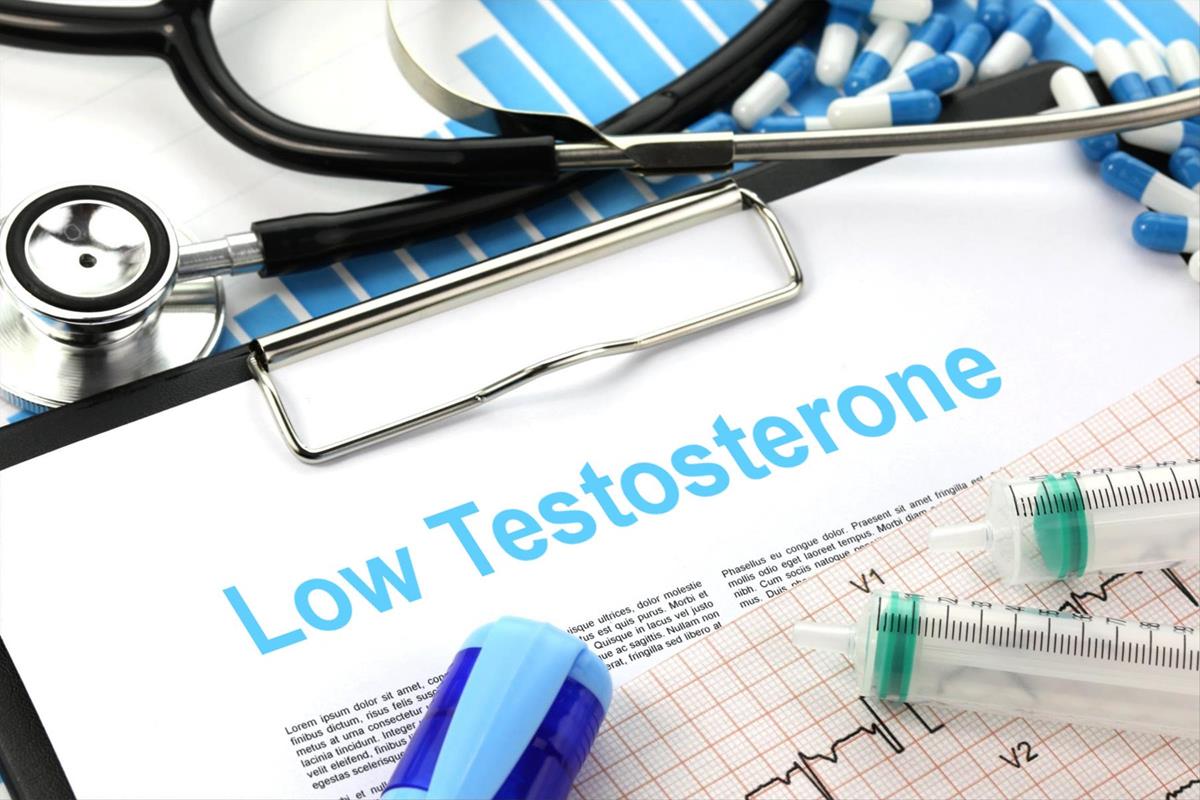
Signs of Low Testosterone
Because age-related testosterone declines tend to happen so gradually, it’s not always clear whether symptoms are a direct result of hormonal changes or other factors. For example, some common signs of low testosterone may also be signs of obesity, poor diet, mental health issues, substance use, or other underlying health conditions.
That said, common symptoms of low testosterone include:
- Low libido
- Erectile dysfunction
- Infertility
- Hair loss
- Fatigue
- Decreased muscle and bone mass
- Increased body fat, particularly in the breast tissue
- Anemia
- Changes in sleep patterns
- Changes in mental capacity, including mood changes, memory loss, irritability, depression, and difficulty focusing.
Natural Testosterone Levels Booster
For an all-natural testosterone boost, add foods rich in vitamin D and zinc to your diet, such as:
- Tuna
- Low-fat milk with vitamin D
- Egg yolks
- Oysters
- Shellfish
- Beans
- Beef (stick to lean cuts for the healthier option)
Of course, be sure to consider your weight and cholesterol levels before stocking up on testosterone-boosting groceries. If you have any health concerns, talk to your doctor before making any significant changes to your diet.
Alternatively, you can also take natural health supplements which boost testosterone like Tongkat Ali, Ashwagandha and Maca

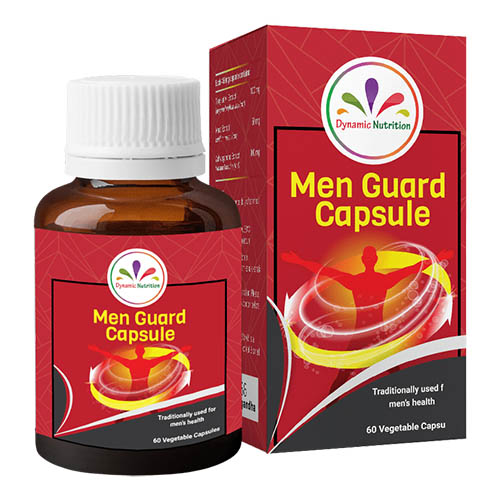
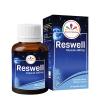


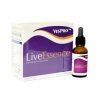
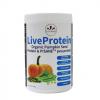

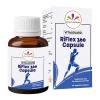
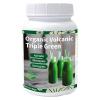
Facebook Comments